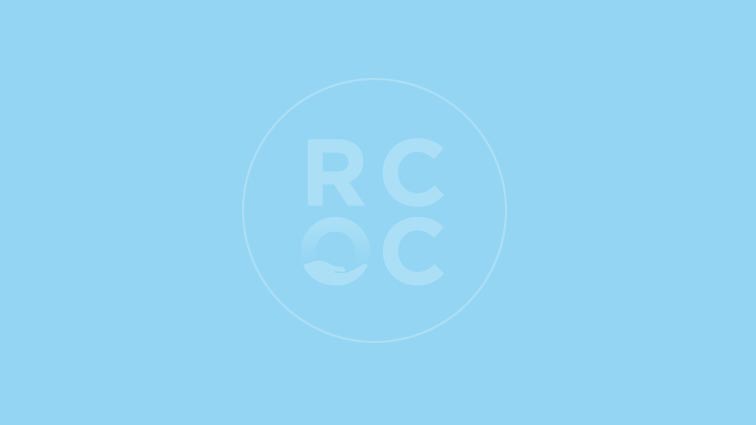What is Person-Centered Planning?
Person-Centered Planning is a process that helps you look at your hopes and dreams for the future and figure out the support you need from family, friends, community, and service organizations to get there. Your Person-Centered Plan talks about the steps that you need to take to help you achieve your dreams.
Remember: every plan starts with small steps! You don’t have to do everything at once!
Best of all, you don’t have to do it by yourself. There are lots of people who would like to help you achieve a good future. The goal of Person-Centered Planning is to build a circle of people who are interested in helping you achieve your dreams. We call those people your “Circle of Support.”
What is a Circle of Support?
A Circle of Support of course includes you — the person in the center of the circle – and might also include your family members, neighbors, friends, employer, teachers, service providers and your regional center service coordinator. It can include anyone you invite to be a member.
In the beginning, your circle of support may meet with you several times. The first time, everyone shares what they know about your life, your interests, talents, relationships, health care needs and what you like and what you don’t like. These meetings are very informal and can even take place in your own home.
At the next meeting, your circle helps you continue to create your vision about yourself. What kind of vision are we talking about? A vision that:
• talks about how, where, and with whom you want to live
• is honest about what you’re really good at — and honest about what you’re not so good at
• helps you live up to your responsibilities
• talks about the support you need to achieve your dream
• deals with your fears about the future
• talks about the first steps that every person in your circle needs to take to help you turn your vision, your hopes and dreams, into a reality.
We believe you can do almost anything with the right kinds of support, and that you should be given as many realistic choices as possible. We also believe that support can come from many places — your family, friends, regional center, social services, place of worship, employers, and others.
Produced by the Minnesota Governor’s Council on Developmental Disabilities and written by William T. Allen, Ph.D., this 87-page booklet is an easy-to-understand guide to self-determination and individual program planning.
Ideal for both clients and their family members, It’s My Choice includes activities and checklists aimed at helping the person with disabilities to lead the lifestyle he or she prefers, be more independent, and an active member of the community.
